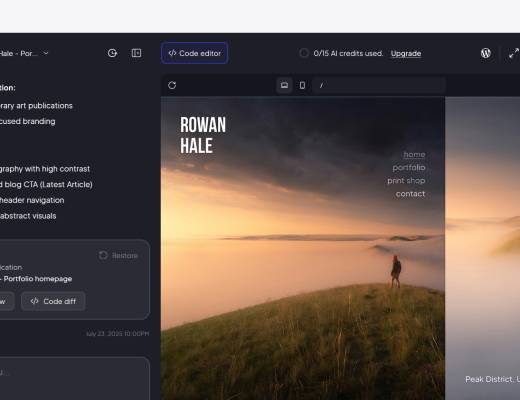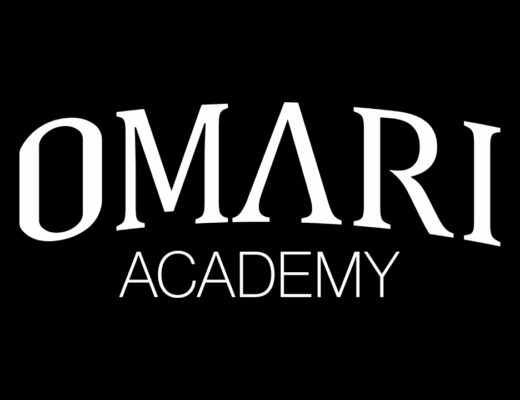3 Companies Bringing Innovation to Outdated Industries
by / ⠀Entrepreneurship• Featured / June 19, 2024
Business guru Peter Drucker coined the phrase “innovate or die.” The words, and many others like them, have become emblematic of the modern business landscape. It is not an exaggeration to say that innovation has become the lifeblood of 21st-century business.
Time after time, companies have sought fresh perspectives, developed new technologies, and implemented disruptive ideas. They have blazed new trails through once-stagnant sectors, revitalizing business activity and discovering profitable operating methods.
As rapid technological advancement continues to accelerate the need for creative solutions and innovative adaptation, organizations continue to rise to the occasion. Here are a few examples of that magical momentum in recent years.






